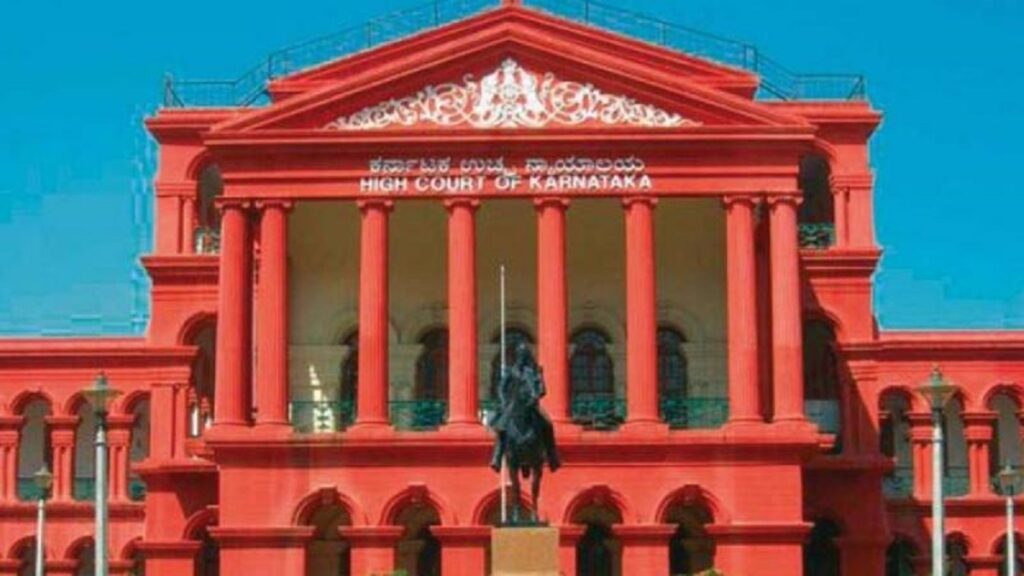Nithyakalyani Narayanan. V
The Karnataka High Court quashed the conviction of a 46-year-old man charged under section 498A of the IPC since the complaint was filed by his ‘second wife’, which makes their marriage ‘null and void’.
Section 498A of the IPC aims to protect married women from abuse either by their husbands and/or his family members. Still, in this case, since the marriage was deemed illegal, the Court set aside the conviction order passed by the lower courts.
The judgment was given by a single-judge bench of Justice S Rachaiah, who observed that the lower courts should not have entertained the charges, as the alleged offence under the provision was not maintainable.
“In other words, a complaint filed by the second wife against the husband and her in-laws is not maintainable. The Courts below committed errors in applying the principles and also the law on this aspect. Therefore, interference by this Court in exercising the revisional jurisdiction is justified.”
According to the complainant, the wife lived with her husband Kantharaju for five years, and they had a child together. Later, her health deteriorated, which left her paralyzed and incapacitated. She alleged that her husband’s behaviour changed; he used to torture her mentally and she was subjected to cruelty. She filed a complaint against him. The Tumakuru Trial Court found him guilty under Section 498A of the IPC, and the verdict was pronounced on January 18, 2019. However, the accused challenged the verdict and filed a Revision Petition before the Karnataka High Court.
The High Court concluded that a second wife does not have the entitlement to file a complaint under Section 498A and therefore set aside the previous convictions of the lower courts.
The High Court highlighted that the lower court should have considered the complainant as the second wife, based on the available evidence, unless the prosecution had proven that their marriage was legal. “The prosecution has to establish that the marriage of PW.1 is legal or she is the legally wedded wife of the petitioner. Unless it is established that she is the legally wedded wife of the petitioner, the Courts below ought to have acted upon the evidence of PWs.1 (complainant woman) and 2 (her mother) that PW.1 was the second wife.”
Name of the case: Kantharaju vs. State of Karnataka
Bench: Justice S Rachaiah


